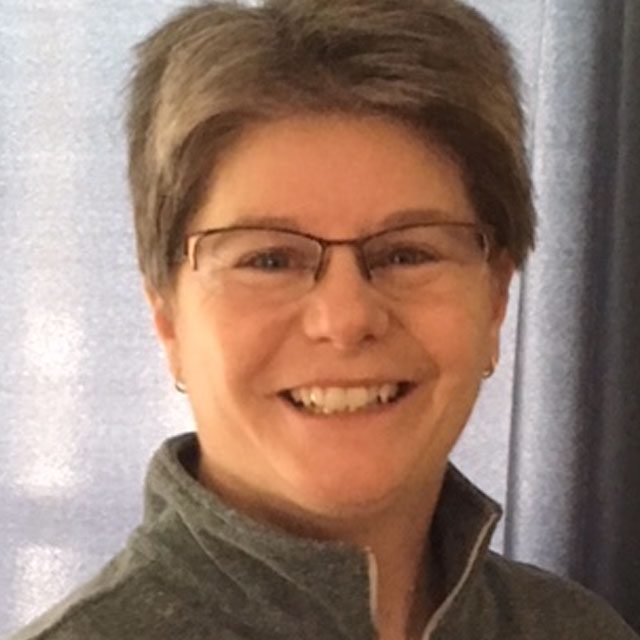For Colin Woodard, being a journalist wasn’t a conscious decision.
But when he examines his own backstory, all the clues are there. First, the newspaper he produced on a mimeograph while in third grade. Then the one in seventh grade, then junior high, then at Tufts University. And when he wanted to travel and study in eastern Europe, he needed to find someone to pay his freight. Newspapers and magazines were willing to do just that.

While living in Europe in the 1990s, Woodard reported from more than 50 foreign countries and seven continents.
“People would pay me to travel to places,” said Woodard, a native of Strong in Franklin County and a graduate of Mount Abram High School. He is the state and national affairs writer for the Portland Press Herald/Maine Sunday Telegram.
Why does he love journalism?
“I do think it’s the first draft of history in trying to describe what has happened,” he said. “The need for a truth-seeking process of what is happening around us in the short term is more needed and valuable than ever. It’s extremely vital.”
Before joining the Press Herald, Woodard wrote books and freelanced for publications like The Christian Science Monitor, The San Francisco Chronicle and the Chronicle of Higher Education. He’s written four books and a fifth is in the works.
In his books, Woodard has worked to marry the tools of journalism and his passion for academic research. His titles include “The Lobster Coast: Rebels, Rusticators, and the Struggle for a Forgotten Frontier” and “American Character: A History of the Epic Struggle Between Individual Liberty and the Common Good.”
At the Press Herald, Woodard produces in-depth investigative pieces. He was a finalist for the 2016 Pulitzer Prize for Explanatory Reporting for his series “Mayday,” which examined ocean warming along Maine’s coast. Another powerful series titled “Unsettled” uncovered the way the state mistreated members of the Passamaquoddy Tribe – including a botched murder investigation – over a 50-year period beginning in the 1960s.
Woodard is also a contributing editor at Politico, where his coverage of Gov. Paul LePage’s time in office has frequently been featured.
As he travels around the country doing research, he often picks up local newspapers and is discouraged by what he sees. Over 28 years as a journalist, he’s watched newspapers struggle to figure out how to remain profitable.
“The business model of the industry has been collapsing,” he said.
But he’s encouraged by the quality of the papers in Maine and thinks readers here largely appreciate the work that is being done. If the industry had a good system for explaining the process for producing good journalism, that would go a long way toward instilling confidence in mainstream media coverage, he said.
When he was a boy in school, for example, he remembers someone from the local newspaper coming to class to talk about the difference between the opinion section and the news section. Readers should know that a contributed opinion piece does not represent the views of the paper as an institution and that news reporters do their work independently from the editorial page, he said.
“In an ideal world, there would be some way for news organizations to educate the public as to what we do,” he said.
In a nutshell …
POSITION: State and national affairs writer, Portland Press Herald/Maine Sunday Telegram
YEARS AT CURRENT PUBLICATION: 6
YEARS AS A JOURNALIST: 28
FAVORITE SOURCES FOR LOCAL NEWS: I keep up with the three major newspaper groups, Maine Public, and for some angles, CBC-New Brunswick.
FAVORITE SOURCES FOR NATIONAL NEWS: The Washington Post (for the “news” news). Several dozen key people on Twitter who are experts on, and really on top of, certain beats and subjects; some are reporters, others scholars, think-tankers, former civil servants, diplomats, or intelligence service types. Washington Monthly (for wonkish policy analysis)
ADVICE FOR BEING A SMART NEWS CONSUMER: The source of your news matters: established news organizations occasionally make mistakes, but their goal is to provide accurate, cross-checked information. Plenty of other sources – some disguised to look like news outlets – seek to deceive their patrons, actively disseminating information they either know is wrong or deceptive or simply not bothering to check. Choose the former.


